View all Standards for British Columbia (2018)
Experience, document and present creative works in a variety of ways
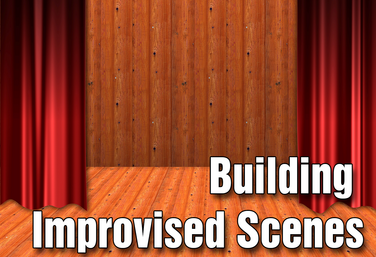
Part of the Middle School Curriculum
Unit Three: Building Improvised Scenes
by Lindsay Johnson
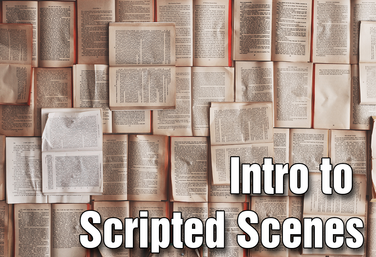
Part of the Middle School Curriculum
Unit Four: Intro to Scripted Scenes
by Lindsay Johnson
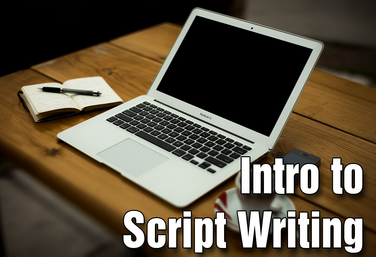
Part of the Middle School Curriculum
Unit Five: Intro to Script Writing
by Lindsay Johnson
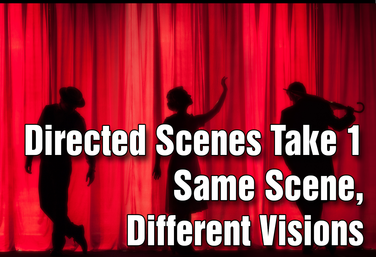
Part of the Middle School Curriculum
Unit Six: Directed Scenes Take 1: Same Scene, Different Visions
by Lindsay Johnson
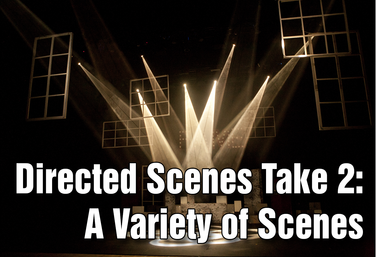
Part of the Middle School Curriculum
Unit Seven: Directed Scenes Take 2: A Variety of Scenes
by Lindsay Johnson
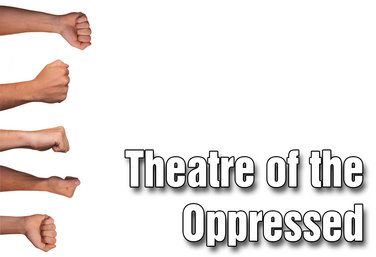
Part of the Middle School Curriculum
Unit Eight: Theatre of the Oppressed
by Lindsay Johnson

Part of the Drama One Curriculum
What is Theatre?
by Karen Loftus
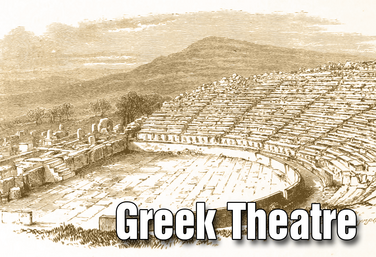
Part of the Drama One Curriculum
Ancient Greek Theatre
by Karen Loftus

Part of the Distance Learning Curriculum
What is Theatre?
by Lindsay Price and Karen Loftus

Decolonizing Monologues
by Nicholas Pappas

The Dilemma Project
by Claire Broome
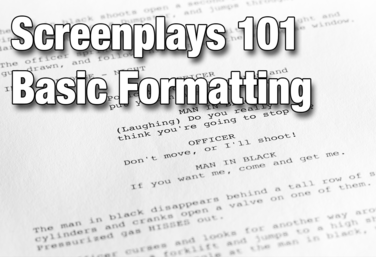
Screenplays 101: Basic Formatting Unit
by Nicholas Pappas
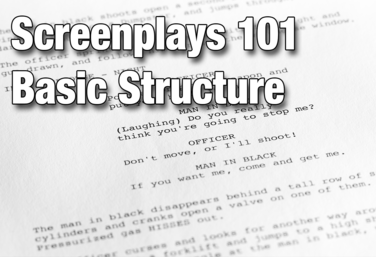
Screenplays 101: Basic Structure Unit
by Nicholas Pappas
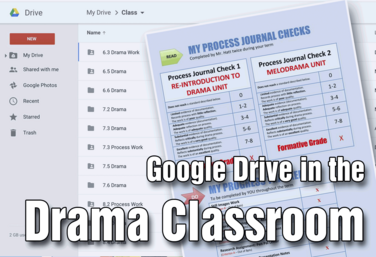
Google Drive in the Drama Classroom
by Josh Hatt
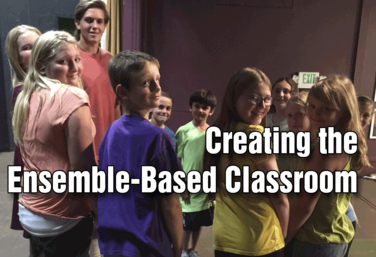
Creating the Ensemble-Based Classroom
by Gai Jones
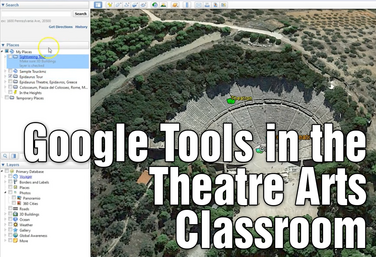
Google Tools in the Theatre Arts Classroom
by Anna Porter

The Dilemma Project
by Claire Broome
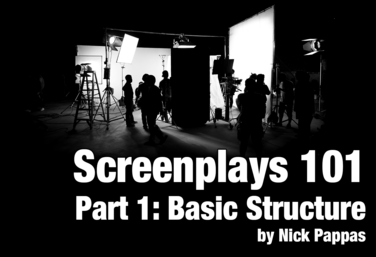
Screenplays 101 - Part 1: Basic Structure
by Nicholas Pappas
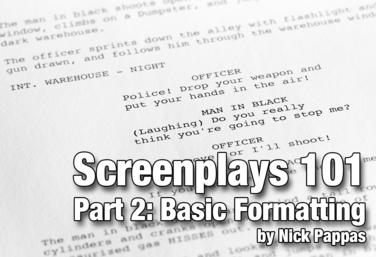
Screenplays 101 - Part 2: Basic Formatting
by Nicholas Pappas
View all Standards for British Columbia (2018) Standards Master List